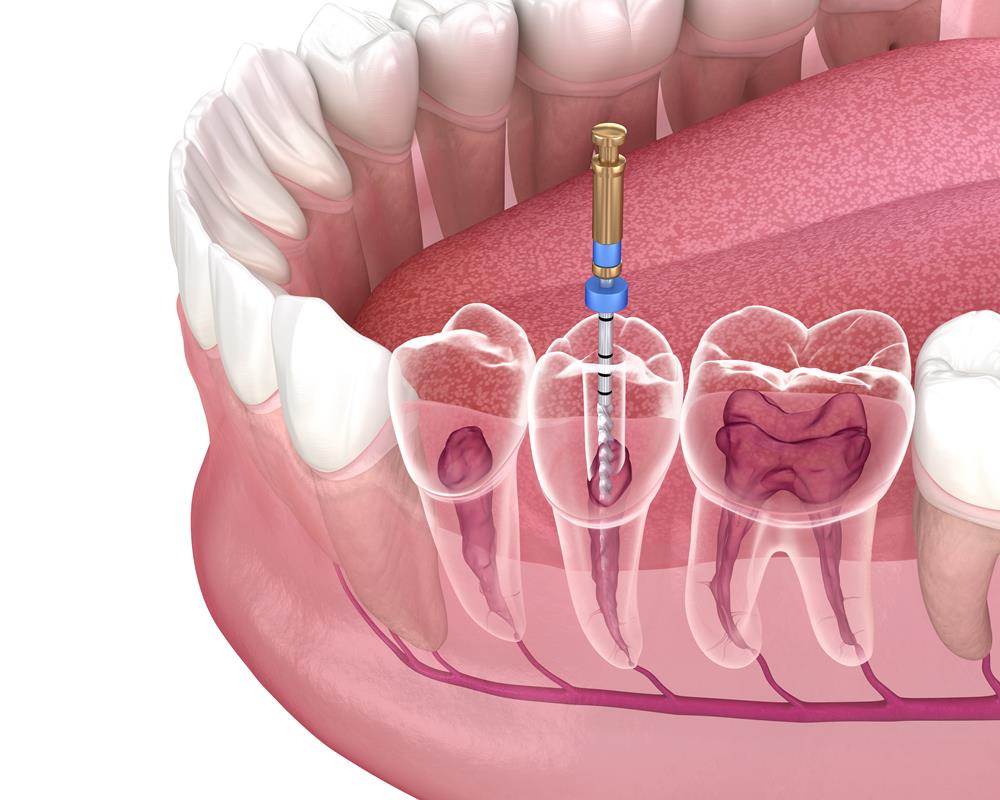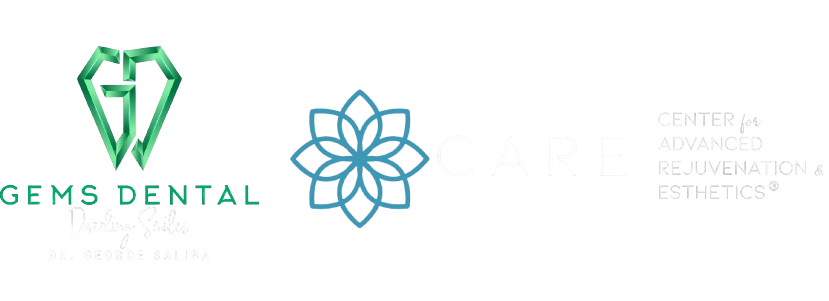
When tooth decay reaches the interior of your tooth and threatens the nerves, a root canal is the most effective treatment to remove the decay and restore your tooth. At GEMS Dental in Houston, Texas, George Saliba, DDS, provides expert root canal treatments using advanced dental technology and anesthetics to ensure your comfort during and after your procedure. Call GEMS Dental or make an appointment online today.
Book OnlineWhat is a root canal?
If you have severe tooth decay that has reached the pulpy interior of your tooth, Dr. Saliba performs a root canal procedure to remove the decayed tissue and repair the tooth. Root canals are extremely common; over 15 million root canal procedures are completed every year in the United States.
What are the signs that I need a root canal?
In many cases, decay on the inside of your tooth won’t cause any pain or other noticeable symptoms. You may not even know that you have internal tooth decay until an X-ray during a routine dental exam reveals the problem.
However, you may notice an increased sensitivity to temperature or a sharp, shooting pain when you bite down or chew. Another sign of an issue on the inside of a tooth is discoloration or darkening of the tooth.
What happens during a root canal?
Advances in dental technology have made the root canal procedure very similar to surface cavity fillings. After confirming the location of your tooth decay with an exam and X-rays, Dr. Saliba thoroughly numbs your tooth and the surrounding tissues.
Then, he drills into your tooth to remove the decayed tissue. After he removes all the damaged tissue, he cleans your tooth inside and out with an antibacterial medication and fills it with a rubber-like material. Finally, Dr. Saliba seals your tooth with a filling. If the decay caused extensive damage or weakened your tooth, he fits a dental crown to it.
How should I take care of my teeth after a root canal?
You may notice some sensitivity or tenderness for a day or so after a root canal. Dr. Saliba recommends using ice packs and over-the-counter anti-inflammatories to reduce any pain. You’ll have a follow-up appointment with Dr. Saliba to ensure that the treatment was successful and to fit a permanent crown if needed.
You can reduce your risk of tooth decay and root canals by brushing your teeth for at least two minutes, twice a day, and flossing at least once a day. Routine dental cleanings and exams every six months allow Dr. Saliba to monitor your dental health and provide treatments before a root canal becomes necessary.
Call or schedule an appointment online today.

